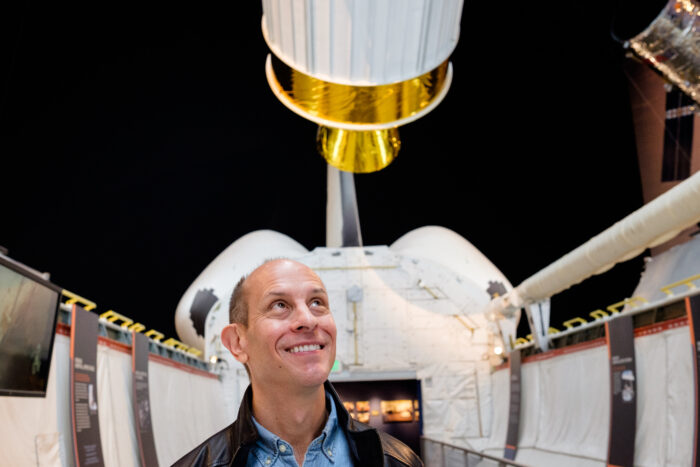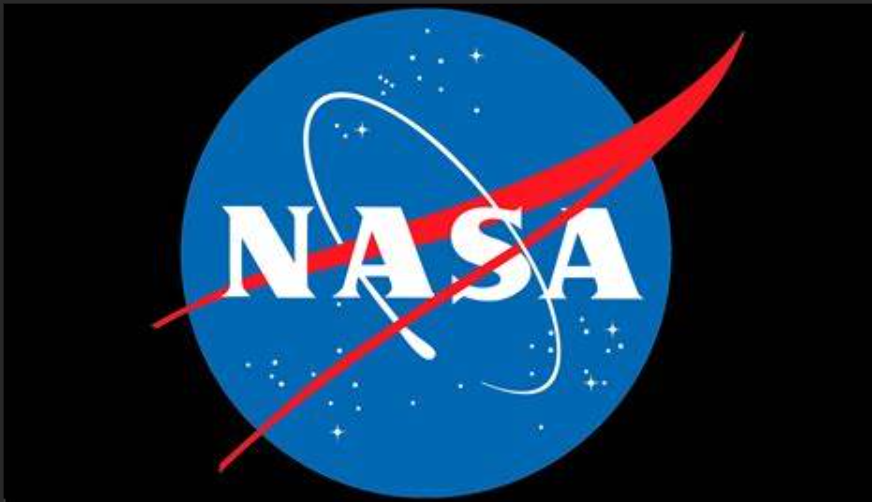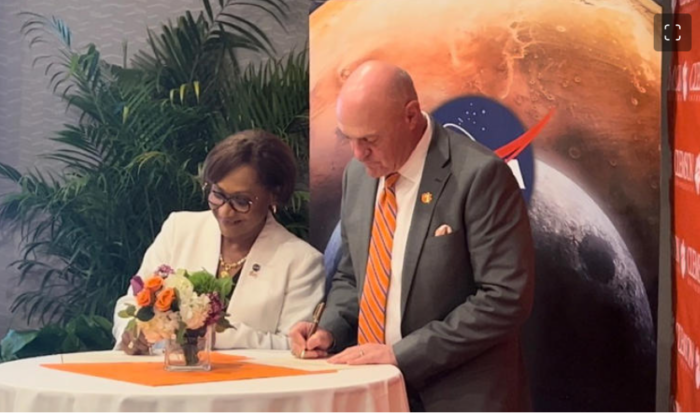Alliance Velocity, a Seattle-based space tech advisory firm, headed by Stan Shull, is leveraging the power of inter-commercial cooperation and streamlined business models to catalyse a new space economy.
Shull first got interested in space as a child, looking at the night sky, reading science fiction and witnessing the development of the Space Shuttle program.
“This amazing thing is like a spaceship, a rocket and a hypersonic glider all in one… I stayed home from school to watch the Shuttle launch. It that was the boldest test flight ever in spaceflight history, the first and only time humans have been put on top of untested rocket from the very first flight. And, of course, it had the intention of becoming a reusable launch vehicle to create greater access to space,” says Shull.
Shull obtained an Aeronautics & Astronautics degree from MIT and an MBA from Harvard Business School. With experience in classified military space programs, several satellite programs, promoting space commercialization, and helping startups in the Internet software ecosystem, he aims to push the space tech industry into a more agile future. His approach is geared toward fostering collaborative partnerships in strategic alignments while still maintaining a pace comparable to flourishing sectors like the Internet software. He notes, “the old ways of space are just not tenable,” underscoring the need for both speed and collaboration.
By bringing his experience in nurturing software startups and scaling them to lucrative exits, Shull seeks to build a broad ecosystem of partnerships for the space sector, overcoming its historic insularity.
“[The space industry is] learning to do go-to-market partnerships or partnerships around innovation…there’s still a lot to do”, Shull states. “I created my consulting practice largely around helping companies either get into the space sector, or if they’re already in the space sector, to grow faster with a better strategy.”
Shull is a firm believer in space having to be about solving problems on Earth first.
“But beyond that, you need to create an entire space economy. If you want settlements on the moon, or Mars, and you want a viable economy there, you have to build an entire ecosystem to make that happen,” he explains.
Yet, at the heart of Alliance Velocity’s approach is a focus on solving earthly problems. Shull emphasizes the need for a customer-driven approach, saying industry players should start at the customer and figure out what the business problem is that needs to be solved, rather than just being technology-orientated.

Discussing specific areas ripe for innovation, Shull highlights everything from in-space thrusters to space situational awareness. But ultimately, he emphasises the importance of creating value in everyday life, suggesting, for example, that direct-to-handset communications could be a massive opportunity for the industry.
Shull also highlights the often under-appreciated urgency of the space debris issue, calling for a proactive early strategy to alleviate potential future congestion. Along with governments putting in billions of dollars to mitigate the issue, he also reiterates the necessity of private contributions to the initiative.
Addressing his ambitions for greater Seattle’s space scene, which he describes as “Space City”, Shull paints a picture of an ecosystem that stretches across the full value chain, from component assembly to advanced data analytics. He elaborates on its uniqueness in being ‘homegrown’ and ‘entrepreneurial‘, driven by private capital, making it a thriving space for new innovation.
Shull states that although space is a tough business, it is still investable. However, investors should not take it lightly and should think long term.
“The space industry, is smaller than people think, but it’s more important than people know,” says Shull.
If all goes to plan, Alliance Velocity will undoubtedly play a crucial role in forging partnerships that are key to commercializing the exploration and development of space. Its primary focus on solving pressing earthly problems, while simultaneously preparing for a future amidst the stars, promises an interesting future for the sector. Shull posits, opportunities are boundless with more collaboration and partnerships.
“Space represents a huge opportunity for a better future for humanity. It requires incredible innovation, of course, persistence beyond belief and requires audacity,” says Shull.
Featured image: Stan Shull. Credit: Stan Shull
Share this article:








